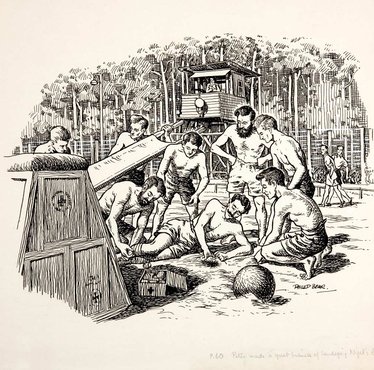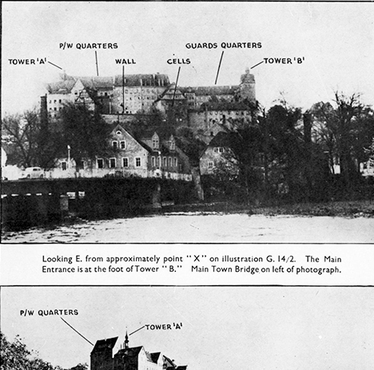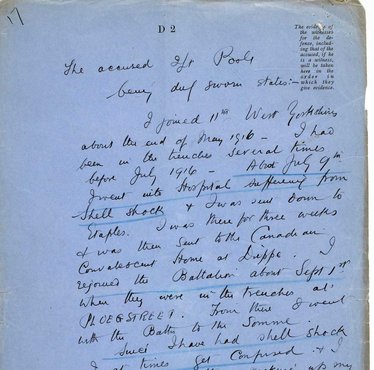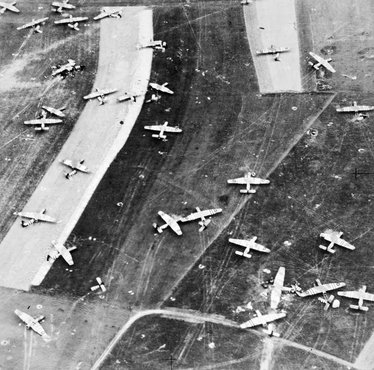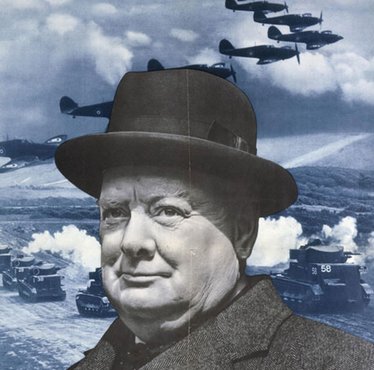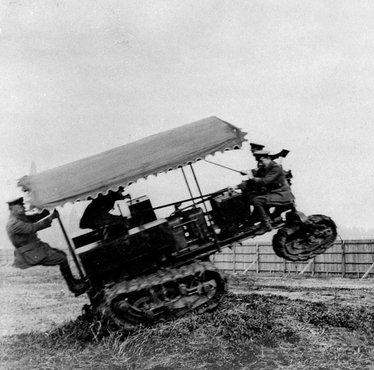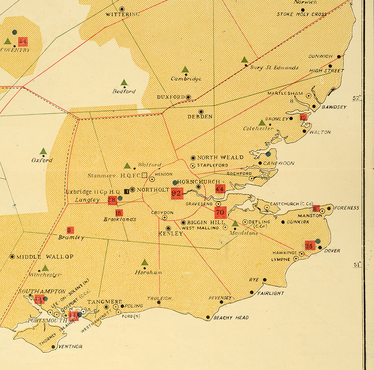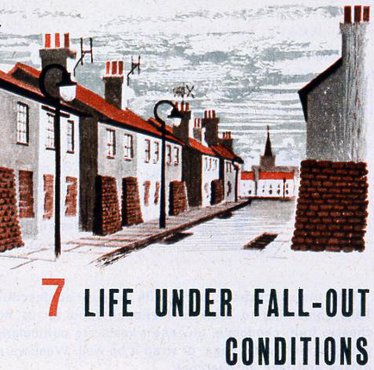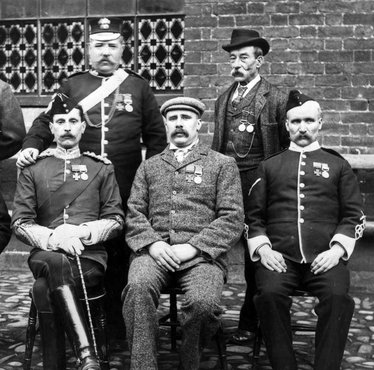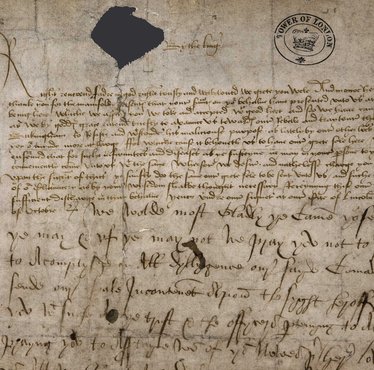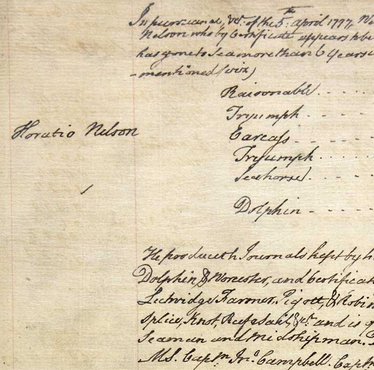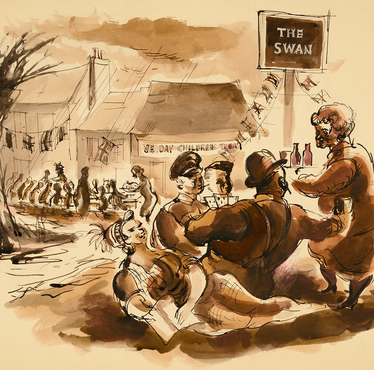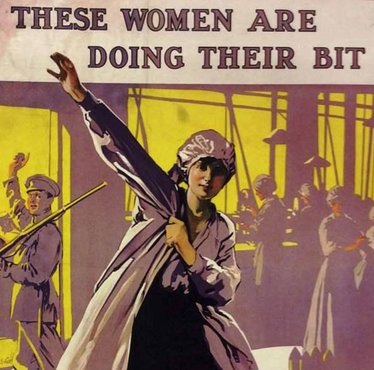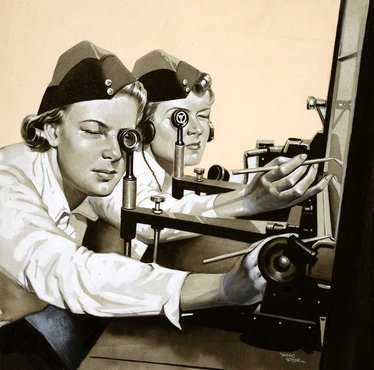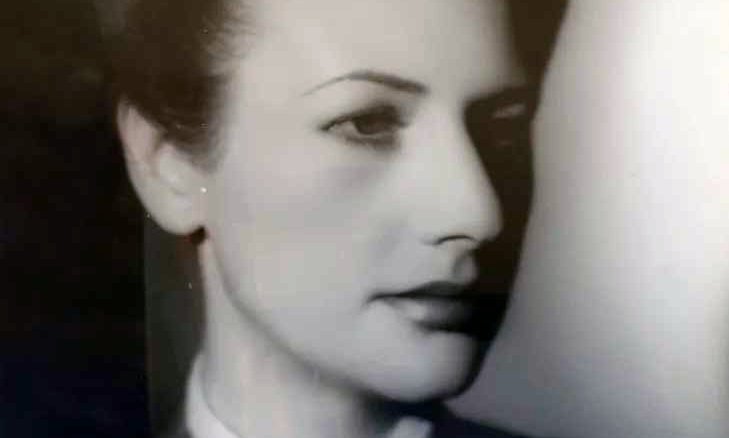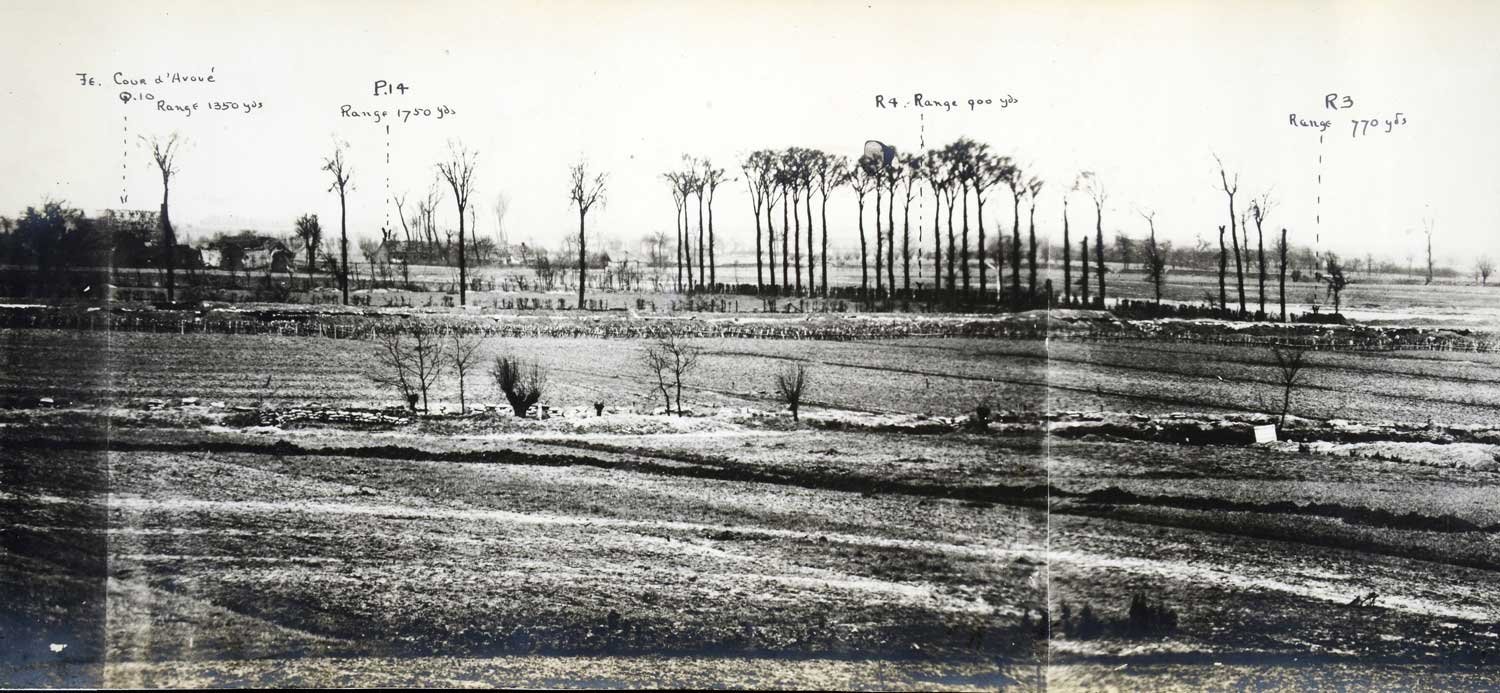
Military and war
From the Middle Ages to the Cold War, our records document the conflicts that have shaped the nation. They can highlight human stories behind military campaigns, showing how society and people’s lives can be changed forever by the devastation of war.
-
Report on the liberation of Bergen-Belsen
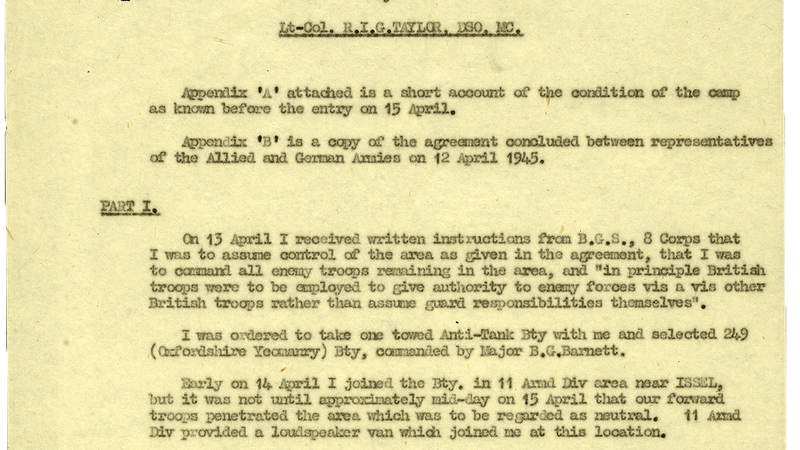
This report provides an eyewitness account of the liberation of the Bergen-Belsen concentration camp at the end of the Second World War.
-
A warning from MI5 about the Nazis
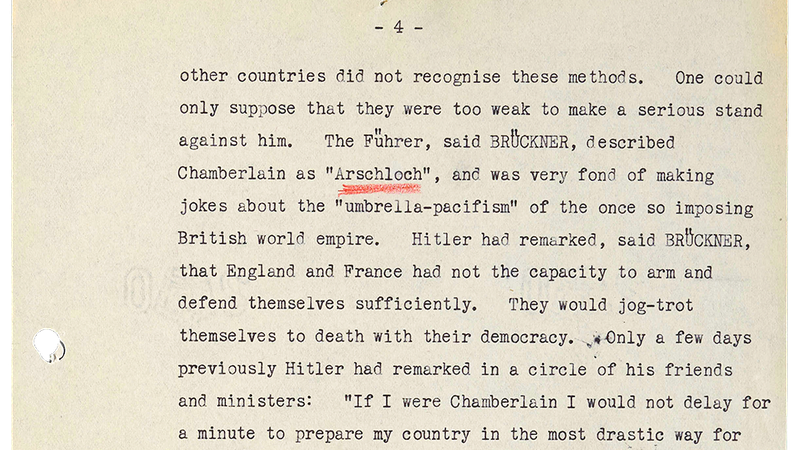
This MI5 assessment highlights some of German leader Adolf Hitler’s feelings towards the United Kingdom in 1938 – including (allegedly) using a swear word.
-
Bringing the Bethnal Green disaster to light

The government tried to keep the details of the Bethnal Green Tube shelter disaster of 1943 private – but a court case brought the terrible story to light.
-
Karl Muller and the fatal lemon
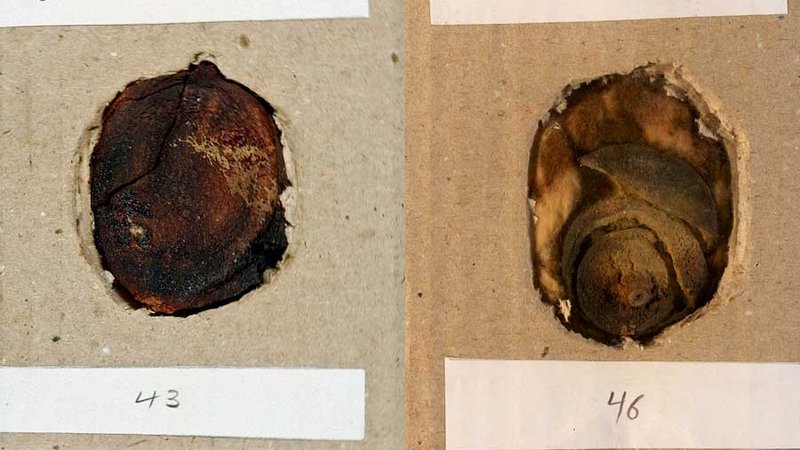
When can a lemon have fatal consequences? If it proves you are, in fact, a wartime spy…
-
Princess Anne's betrayal of her father, James II
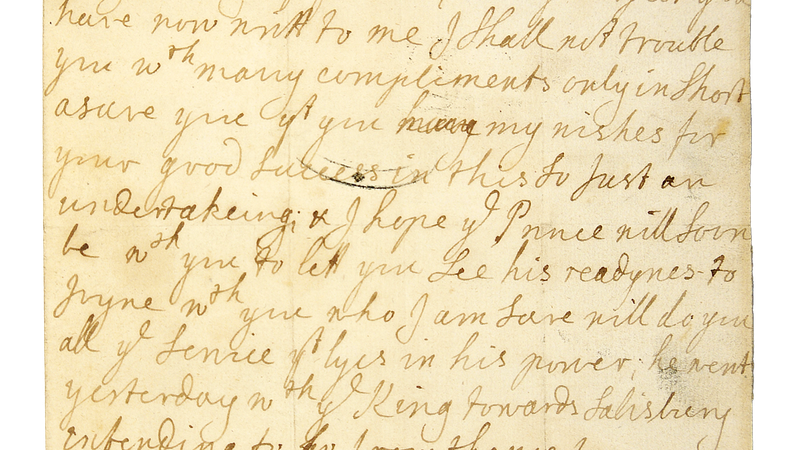
This letter, sent by Princess Anne during the height of the Glorious Revolution, confirmed the betrayal of her father, King James II.
-
Report on the British Indian Army, 1943
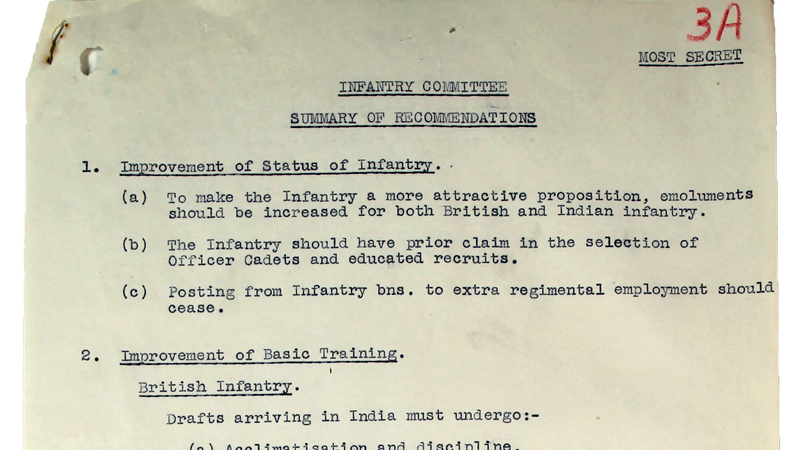
This Second World War War Office document assessed the British Indian Army's battle readiness and made recommendations for its development.
-
The Bethnal Green Tube shelter disaster
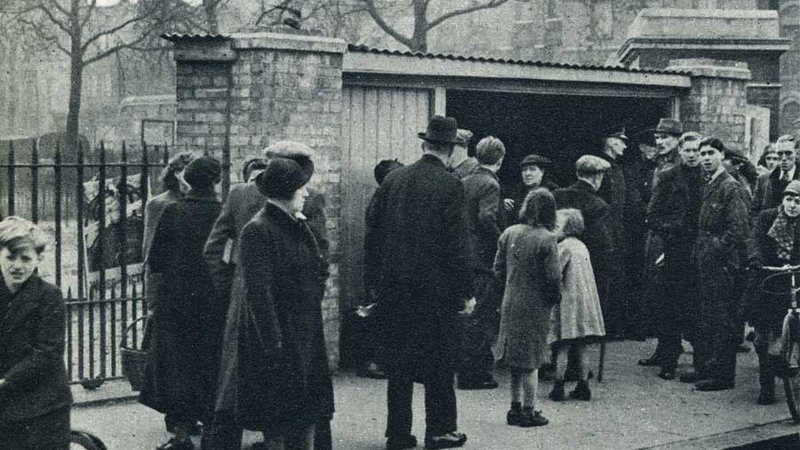
On one tragic night in March 1943 in Bethnal Green, East London, 173 people lost their lives taking shelter from German bombing as the air raid sirens sounded.
-
List of HMS Victory's killed and wounded at the Battle of Trafalgar
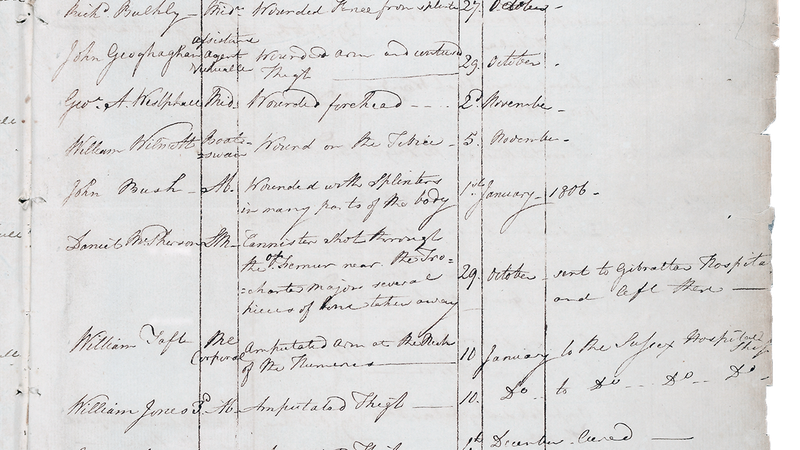
We hold one of the lesser known records from the Battle of Trafalgar, the Surgeon’s journal for HMS Victory by William Beatty.
-
Battling ‘General Malaria’ on the Macedonian front, 1915–1919
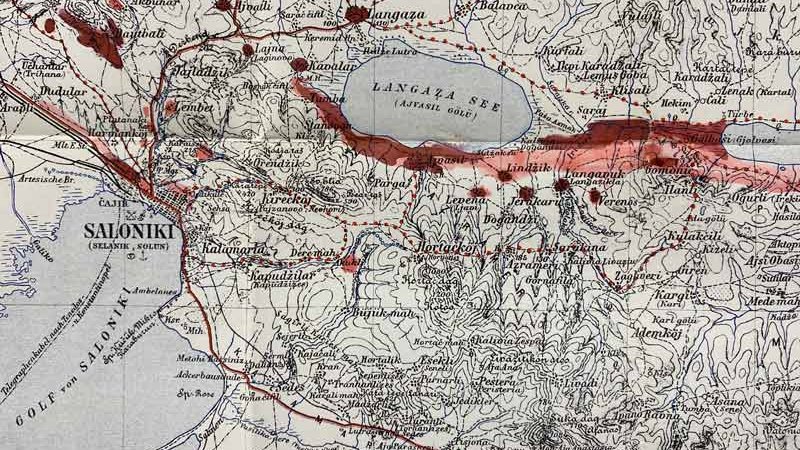
Medical case sheets from the 28th General Hospital, Salonika, reveal an especially deadly peril on the front lines: malaria. How was it fought?
-
A dramatic plea for Churchill’s help from Bletchley Park
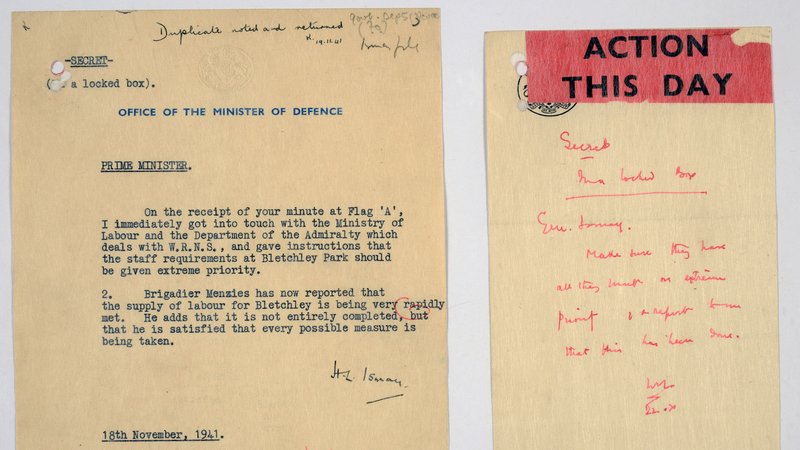
In 1941, four Government Code and Cypher School cryptanalysts, including Alan Turing, made a stunning appeal directly to Winston Churchill.
-
The loss of SS Arandora Star
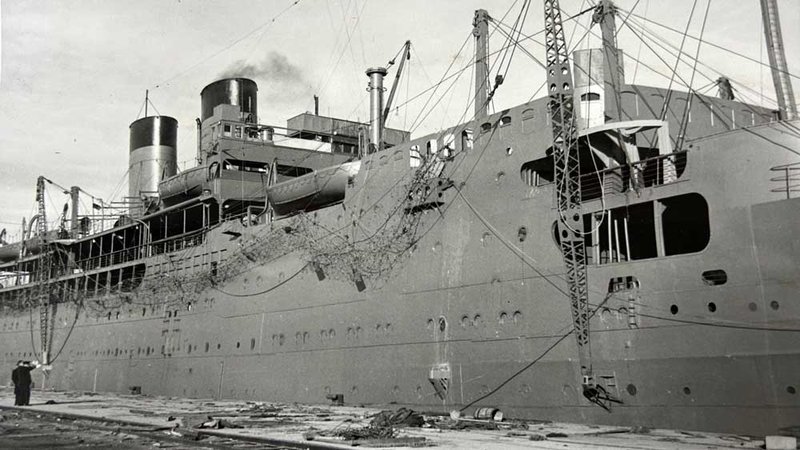
In July 1940 the Arandora Star was torpedoed by a German submarine. More than 800 people were killed, many of them Italian civilians being deported to Canada.
-
Britain’s youngest prisoner of war: John Giles Hipkin
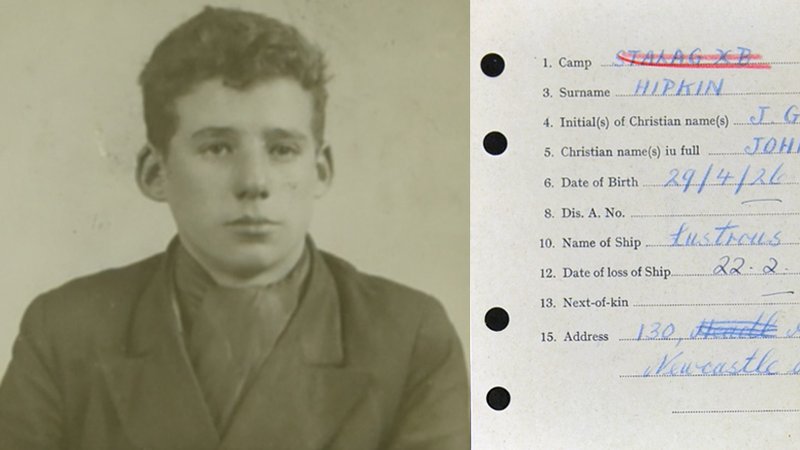
14-year-old cabin boy John Giles Hipkin became Britain's youngest Second World War prisoner of war in 1941 after he was captured at sea.
-
Roger Bushell and the 'Great Escape'

Roger Bushell (1910–1944) was a pilot, prisoner of war (POW), and mastermind of the ‘Great Escape’ from Stalag Luft III in March 1944.
-
The East River Column: the rebels who helped Second World War prisoners of war

Discover how this guerrilla group played a significant role in opposing Japan and aiding Allied prisoners of war around Hong Kong.
-
Judy, the only dog registered as a prisoner of war

Judy's remarkable story is one of capture, survival and courage, and offers a unique tale of internment during the war.
-
Secret letter sent to British Secret Services
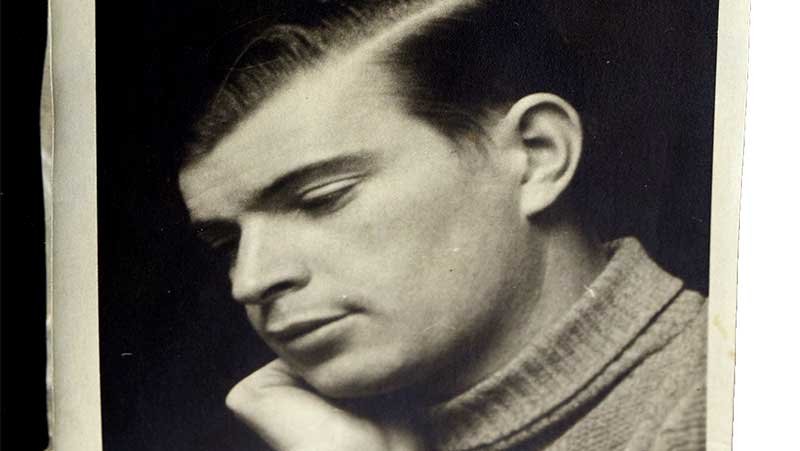
During the Second World War, some British prisoners of war were able to send secret messages and intelligence back home via creative and unusual ways.
-
The Geneva Convention, 1949
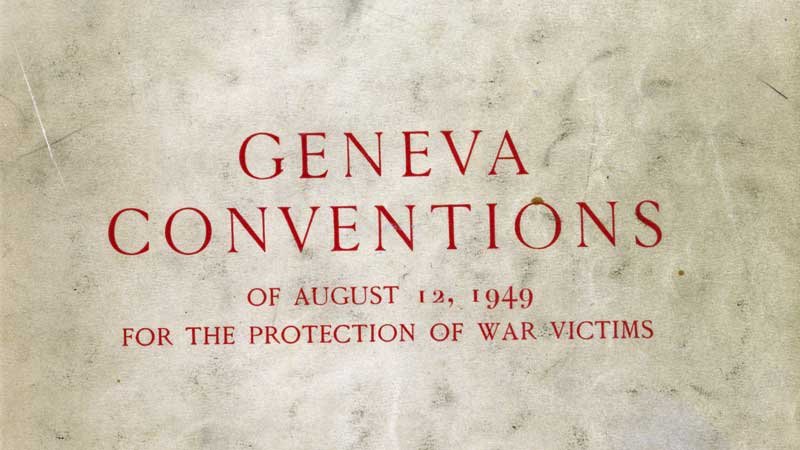
This document sets out the laws its signatory nations agreed to follow around the treatment of prisoners of war, those in medical need, and civilians.
-
Nancy Wake

Nancy Wake (1912–2011), an agent for the Special Operations Executive, was the most wanted woman in France during the Second World War.
-
War diary from 1939 with posters and Christmas cards
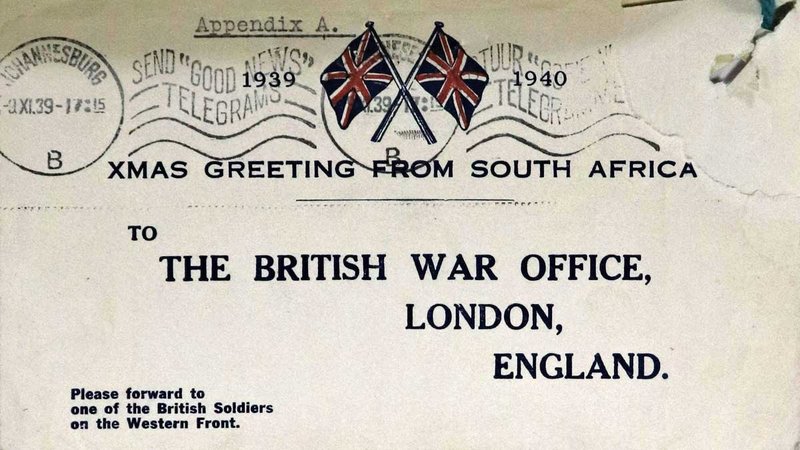
War diaries were historical records created by units in the British Army during wartime. This one is unusual: it contains posters and Christmas cards.
-
Virginia Hall

Virginia Hall (1906–1982) was an American who served with the British Special Operations Executive in France in 1941–1942 and built a career in espionage.
-
The Treaty of Versailles
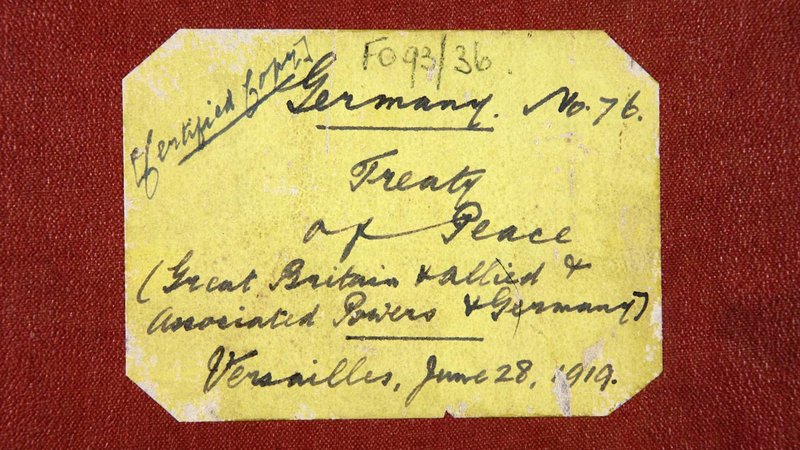
This debated document officially ended the First World War and set out the terms and conditions for peace, and determined the course of the 20th century.
-
The papers of Nuestra Señora de Covadonga, a Spanish treasure galleon
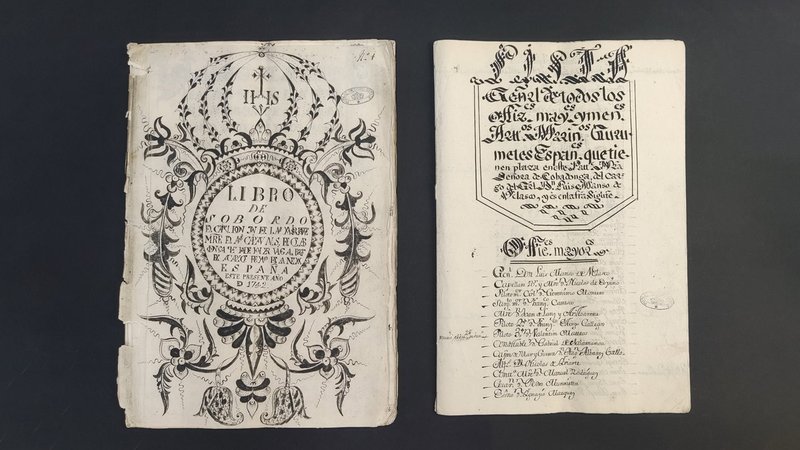
This previously unknown set of records from an 18th-century galleon shines a light on one of history's most significant trade routes.
-
Secret map of operations in North Burma
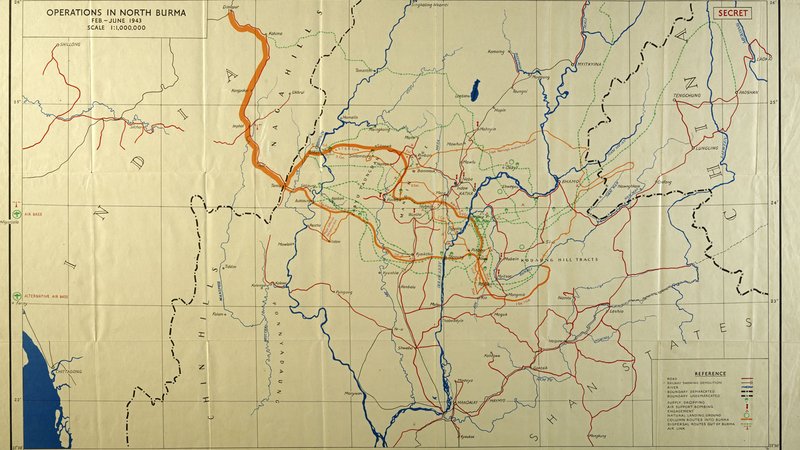
This map was provided to soldiers during the first operation by the Chindits, special forces serving in Japanese-occupied Burma during the Second World War.
-
Christine Granville’s application to become a British citizen

Christine Granville, Special Operations Executive agent extraordinaire, was Churchill’s favourite spy. How did this document possibly save her life?
-
Richard III

Through documents held at The National Archives, we can piece together a great deal about the life and reign one of Britain's most infamous medieval monarchs.
